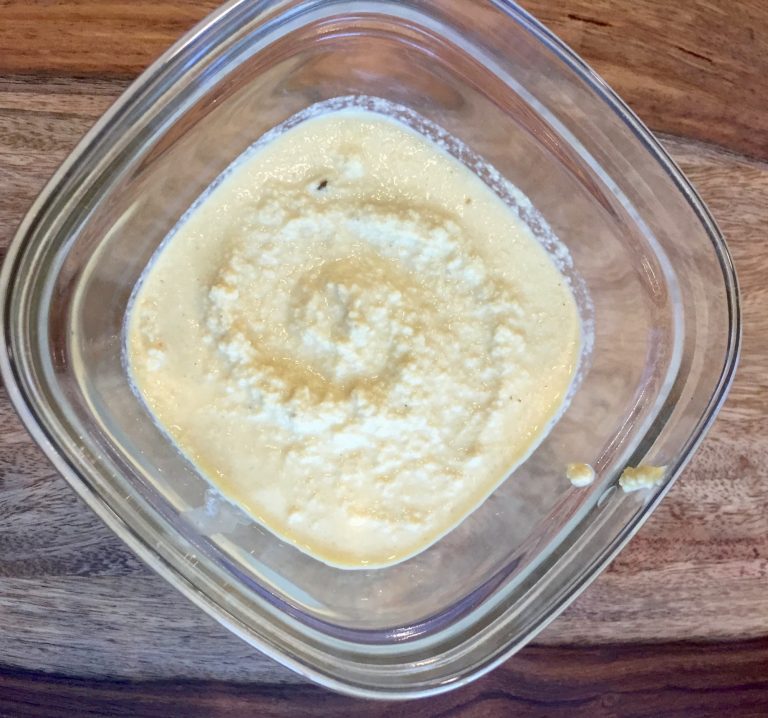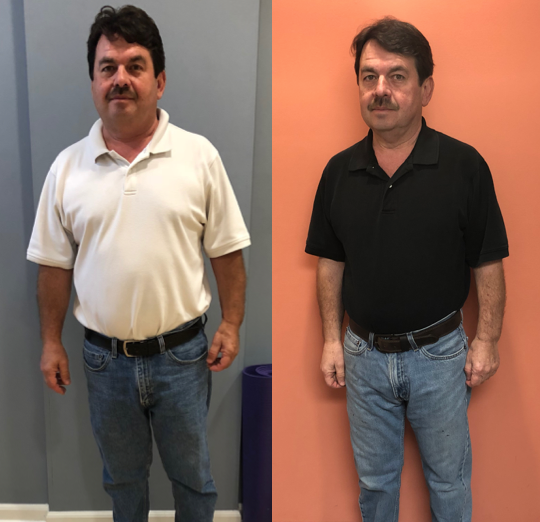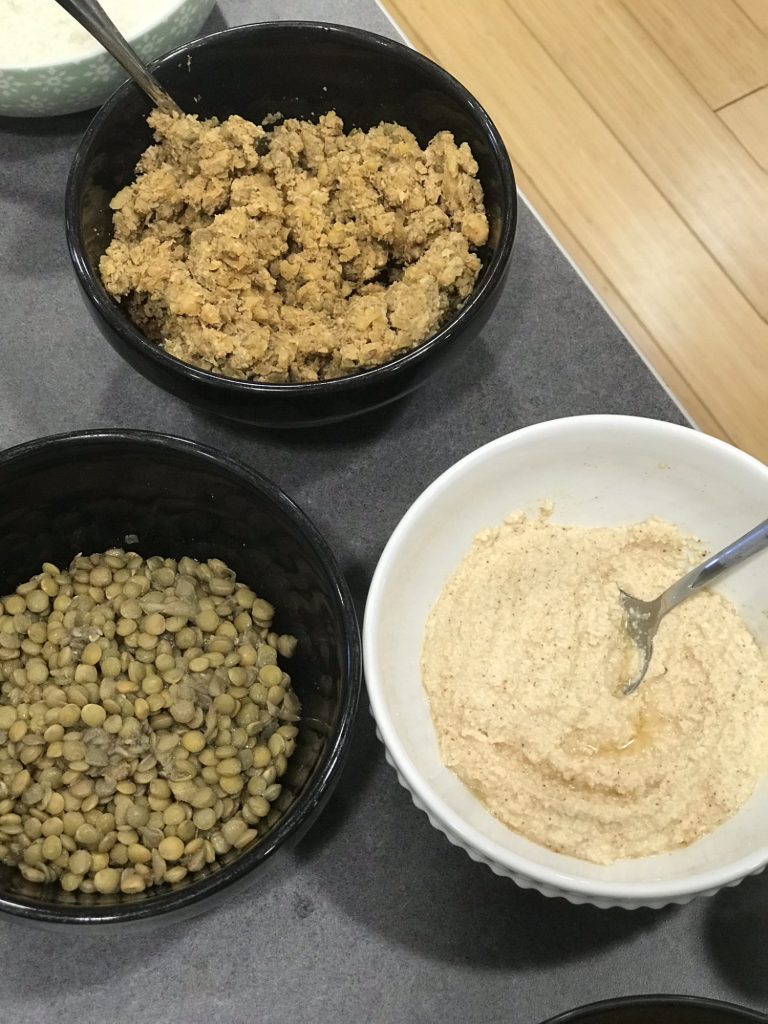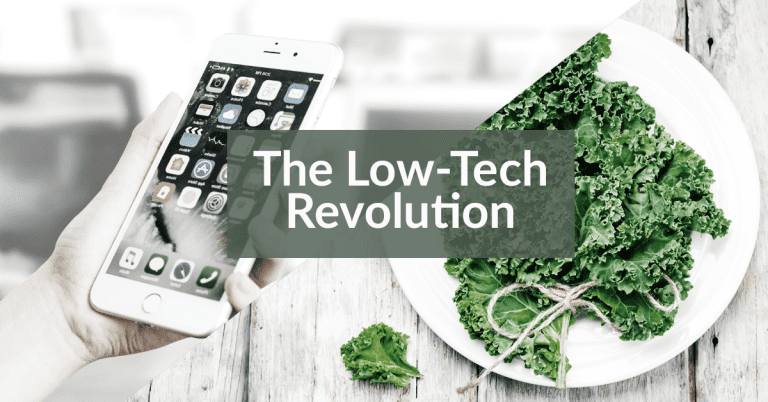The Importance of Gradual Change
By Nicole Martin
August 19, 2016

One of the most frustrating things about the internet is that I see ads like these every day:

The frustrating thing about each of these is how utterly preposterous the claims are. Twenty-five pounds in two weeks? Really?
Even if what the advertiser is promising comes true, can you imagine how your body would be affected by losing that much weight that fast? That can’t possibly be a pretty picture.
For those keeping score, those effects could include electrolyte imbalances, malnutrition, gallstones, loose flaps of skin, dehydrations, fatigue, irritability, dizziness, constipation, muscle and hair loss, and a whole laundry list of other nasty things.
Plus, what happens on week three? Is that weight going to stay off?
I doubt it.
Ads like these work, unfortunately. And the attitudes behind them are the main cause for why the Fad Diet Industry in America alone pulls in $33 billion annually.
But weight loss and health aren’t the same thing.
Sure, if you are obese, it’s obviously in your best interest to lose that excess belly fat. Obesity is currently at epidemic levels, killing 300,000 people each year and owning the runner-up spot on the list of all preventable causes of death.
But just losing the weight doesn’t mean you’re healthy.
Health is all about nutrifying your life.
It’s about making changes to your life—literally choosing “life” over “death” each moment of your life.
That doesn’t happen over night.
Instead, the only way significant, healthy change happens is through a gradual process.
The Only Way to Change
Remember the dumb “diets” from above? Here’s why they don’t work.
You want to lose weight. So you go on a restrictive “diet”—you don’t eat certain things, you do eat certain things, and in effect manage to make your self miserable for the duration.
After a few days, you can’t stand it any longer, so you cheat. Just a little—a snack-sized Snickers, maybe, or a handful of those gross orange circus peanuts—and then you dive back into the torture.

You tell yourself that your little “cheat” wasn’t a big deal. And in reality, it isn’t. Well, at least not in isolation. But this sort of thing doesn’t tend to happen in isolation. Your cheat happened, and your brain knows it happened, so you feel a little guilty, and the next time the cravings come knocking, you’re that much more likely to eat an entire bag of chips and wash it down with a Dr. Pepper Turbo Gulp.
So, you struggle to try to eat well, all the while battling yourself at every turn, slipping up and getting back on the proverbial wagon in a cycle that leaves you—if it’s even possible—even more miserable.
Eventually, you quit the whole diet thing and go back to the way you’ve always eaten.
What’s interesting about this cycle, though is this: Notice how you fell off the wagon. It wasn’t all at once. It was step by baby step, right?
That’s telling. Because that’s how to make real change in your life. Only, in reverse.
The way we as humans change is by slowly, gradually forming new habits.

And we’ve found that the best way to do this is by maintaining what you are currently doing, keeping even your bad habits intact, and simply adding on good habits.
Deprivation is rarely a good teacher. Instead, health is truly an evolution. Eliminating everything all at once leaves you starving for the nutrients your body needs, and tends to leave you overwhelmed. Gradual change, on the other hand, moves the needle slowly, and as a consequence makes that change far more likely to stick.
Another Thing That Doesn’t Work
I hear a lot of people talk about moderation. As if just eating SOME bad things will magically get you healthy. The problem with this idea is essentially: What’s moderate?
If you smoke four packs of cigarettes a day, cutting that down to two would be moderate, right?
Obviously, that’s still not going to be good for you.
Moderation, then, isn’t a goal that’s likely going to get you anywhere.
Instead, take baby steps toward health. Crowd in the good stuff, make it a habit, and you’ll be amazed at how lasting changes can improve your quality of life.
Health is wholeness. And it’s a process, not a destination.







